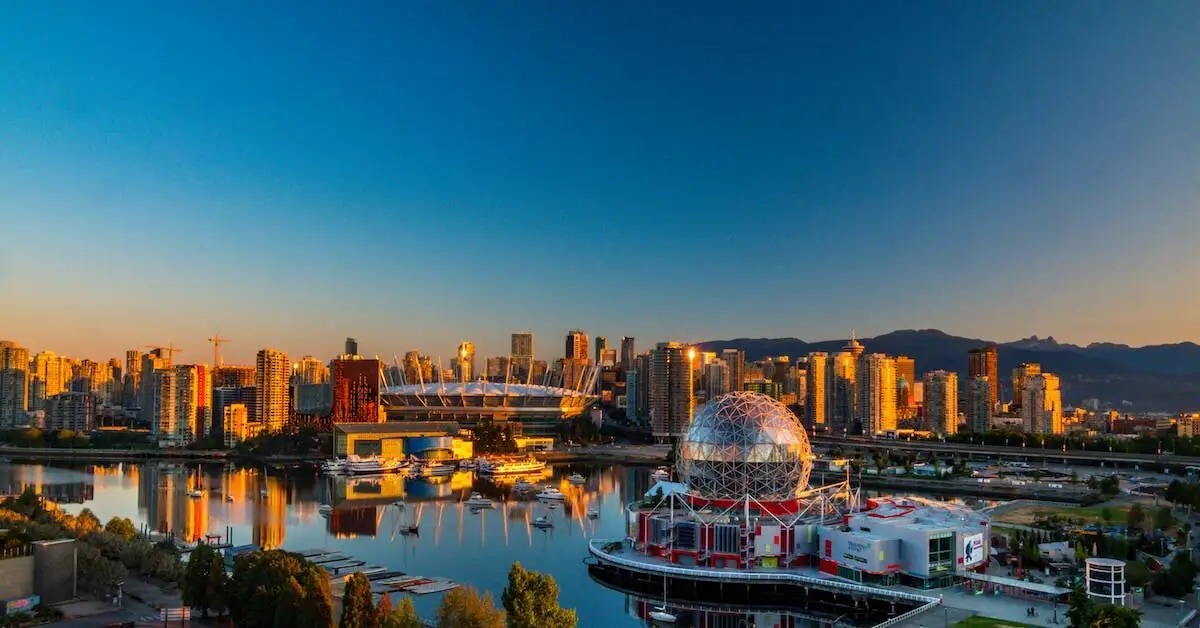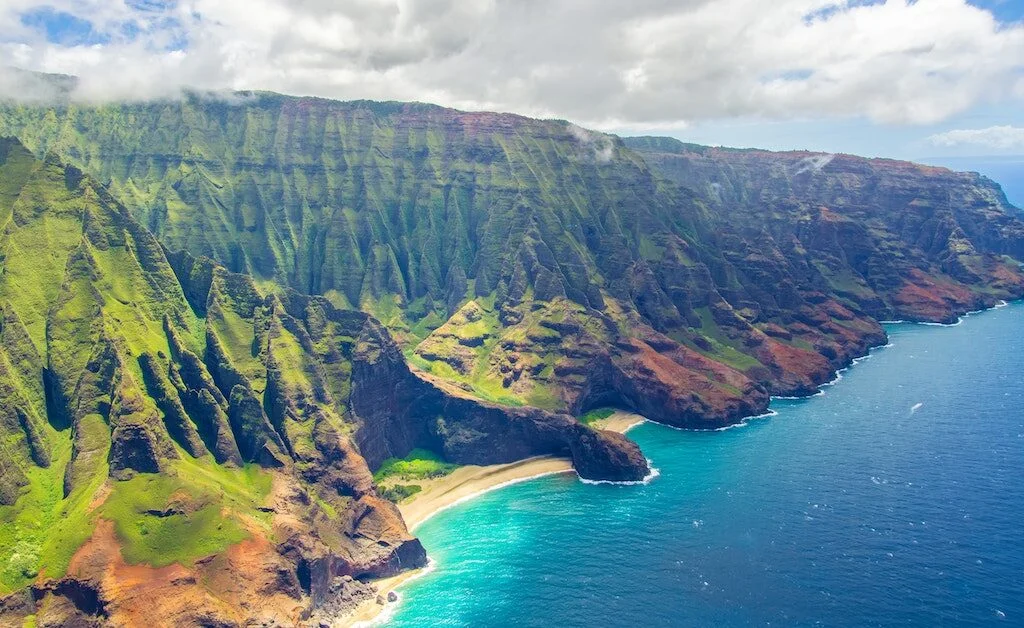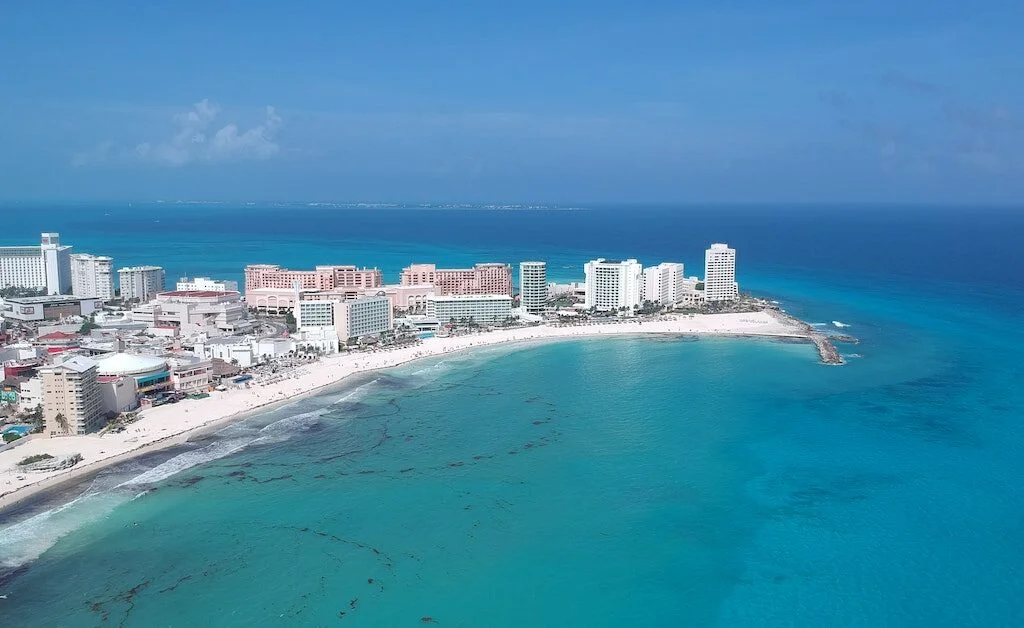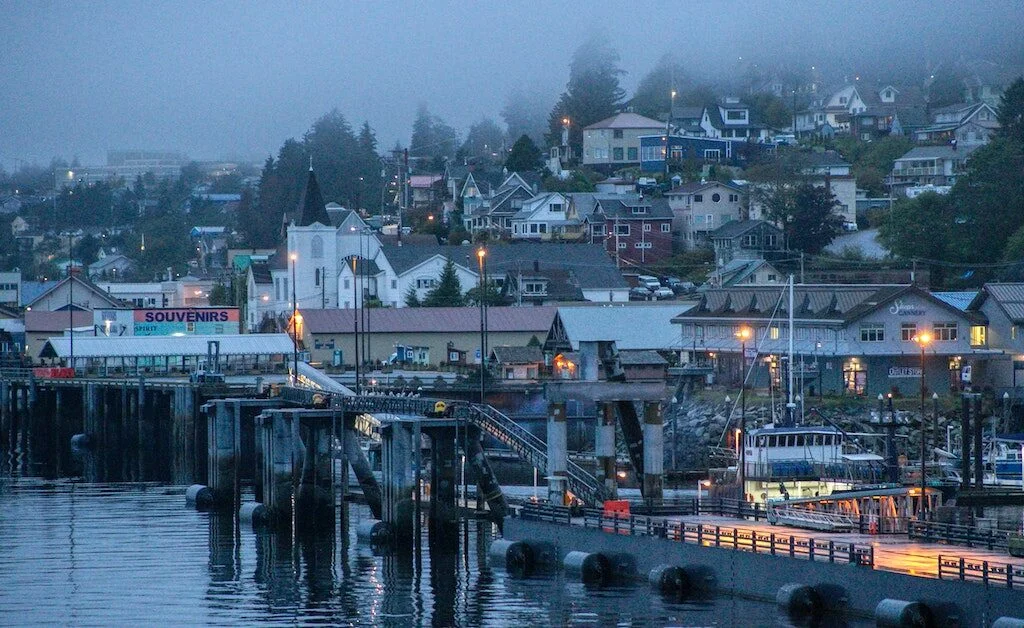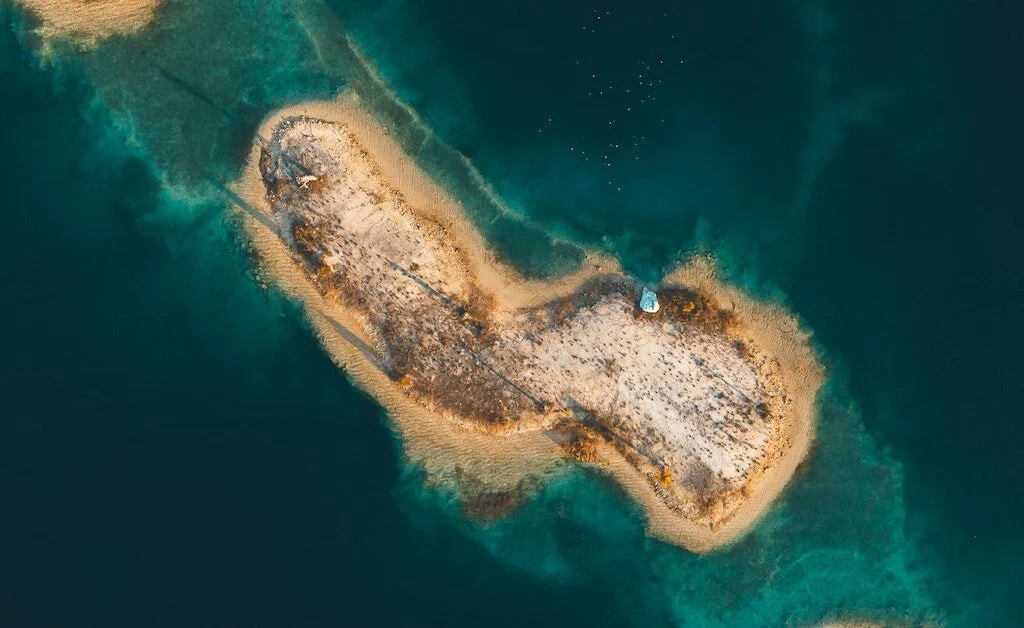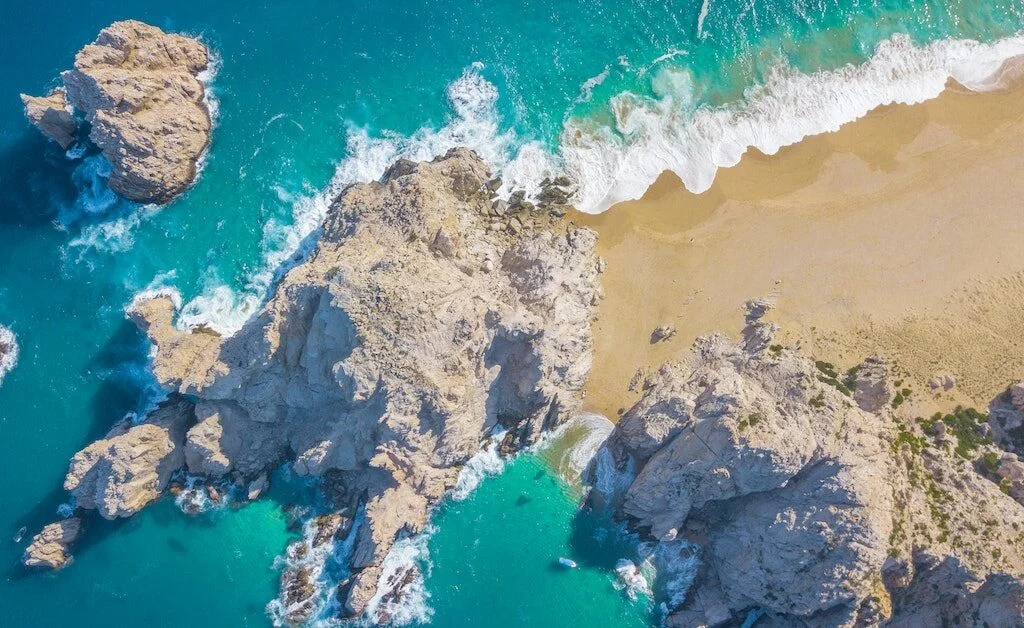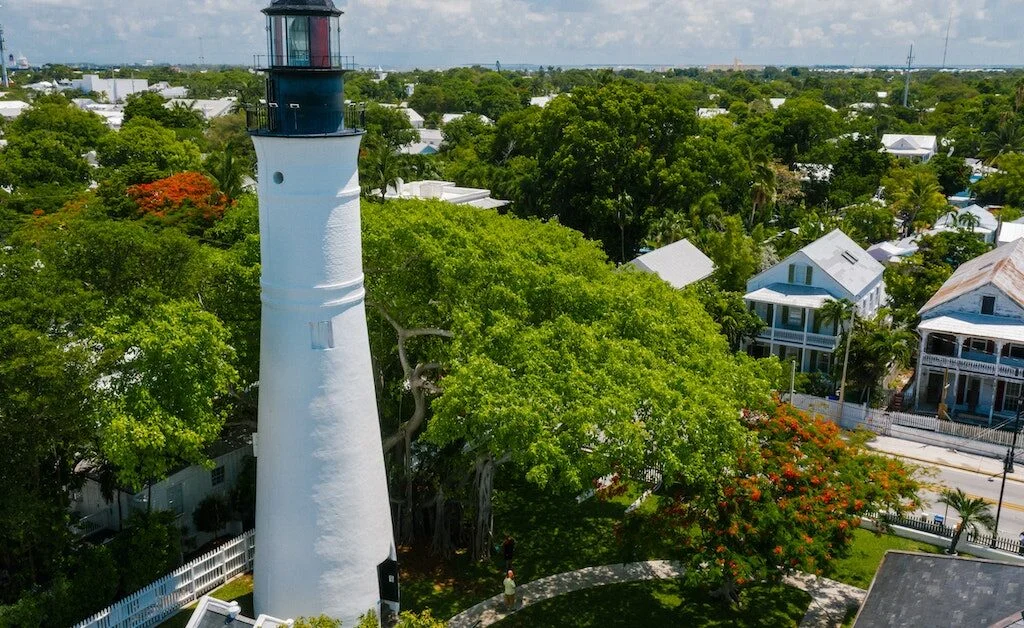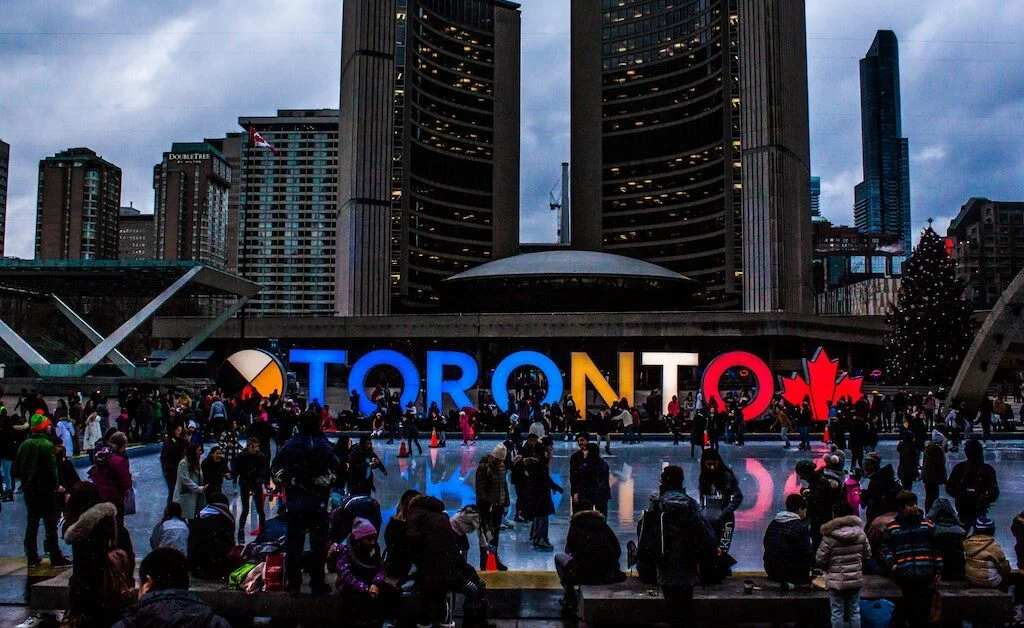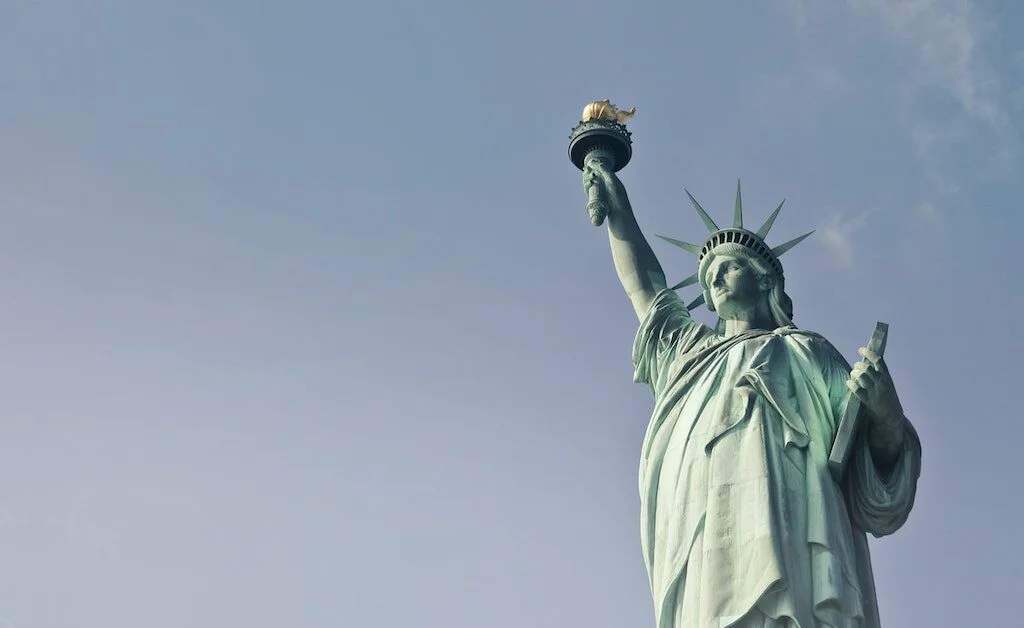Settled on the west shore of Canada, Vancouver is a city known for its dazzling normal excellence, various cultures, and plenty of exercise. In any case, when is the best chance to visit Vancouver? The response generally depends on your inclinations and what sort of involvement you’re chasing. In this complete guide, we’ll dive into the four unmistakable seasons, best time to visit Vancouver and investigate the advantages and disadvantages of each, assisting you with settling on an educated conclusion about your visit.
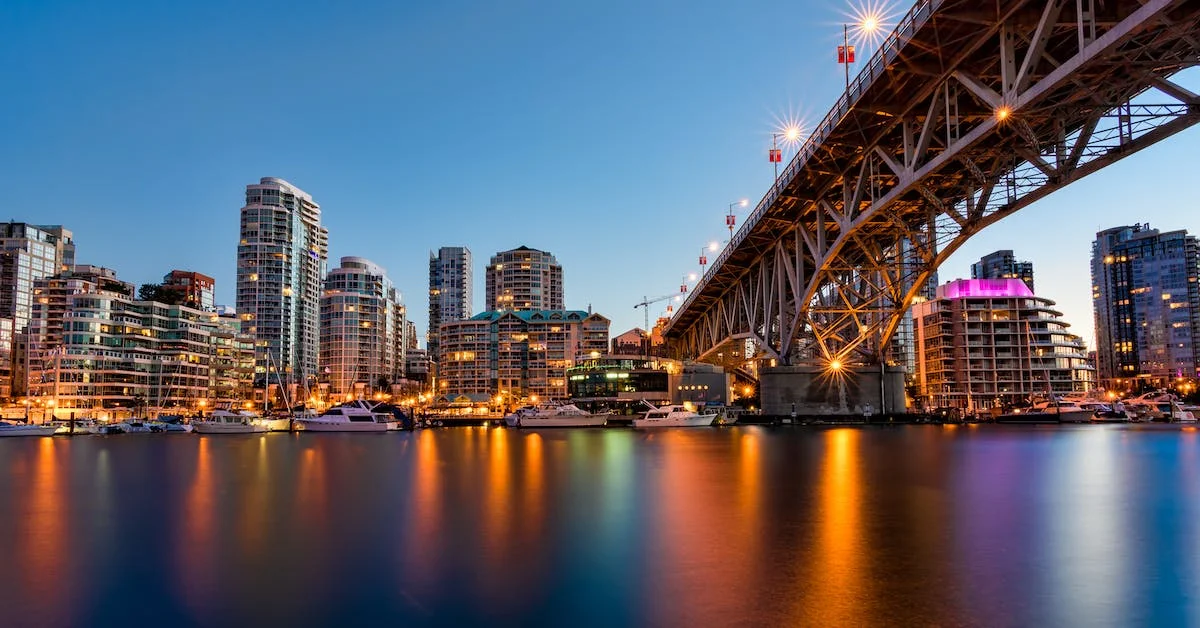
Seasonal Guide: Best time to visit Vancouver
Spring (March–May)
As the grip of winter loosens, Vancouver undergoes a magical transformation in the spring. The city awakens from its slumber, with nature displaying a vibrant burst of colors. This season gives delicate temperatures, with a typical range of 10°C to 14°C (50°F to 57°F). Although you may encounter occasional rain showers, spring is the time to witness the city’s lush gardens in full bloom.
Pros of Spring
- Blossoming Gardens: Vancouver becomes a botanical paradise during spring, with cherry blossoms and vibrant tulips adorning the city’s parks.
- Multicultural Festivals: The season wakes up with different multicultural occasions and festivities, offering a brief look into the city’s different networks.
Cons of Spring
- Rain Showers: Be prepared for some rainy days, so having a good umbrella is advisable.
Summer (June–August)
For sun-seekers and festival enthusiasts, summer is the golden season to visit Vancouver. The atmospheric conditions are warm and brilliant, with typical temperatures going from 18°C to 23°C (64°F to 73°F). The city bursts with energy, boasting a packed event calendar. From the renowned Celebration of Light fireworks competition to the Vancouver International Jazz Festival, summer is a time of endless entertainment.
Pros of Summer
- Warm and Sunny: Enjoy the beautiful weather while engaging in outdoor activities and exploration.
- Festivals and Events: Vancouver hosts numerous festivals, concerts, and events catering to various tastes.
Cons of Summer
- Crowds and Higher Prices: Due to the popularity of this season, expect more tourists and higher accommodation costs.
Fall (September–November)
Autumn in Vancouver is nothing short of magical. As temperatures cool down, with midpoints going from 11°C to 13°C (52°F to 55°F), the city changes into a lovely scene. Fall foliage is an incredible sight, with parks and gardens taking on dazzling tones of red, orange, and yellow.
Recommendations for Fall Travelers
- Hiking: Enjoy hikes in the changing landscapes of parks like Stanley Park and Lynn Canyon.
- Cultural and Indoor Activities: Explore the city’s museums, galleries, and theaters as they kick off their seasons.
- Festive Atmosphere: Drench yourself in the Christmas season with Christmas lights, shopping, and happy occasions.
Winter (December–February)
Vancouver experiences a relatively mild winter compared to the rest of Canada. Typical temperatures range from 1°C to 6°C (34°F to 42°F), with discontinuous blustery and faint days. While snowfall is uncommon in the city, the nearby mountains offer sufficient chances for snowboarding and skiing.
Considerations for Winter Travelers
- Dress Warmly: Be prepared for cold, wet, and dark days, and dress warmly.
- Winter Sports: Take advantage of the local mountains like Grouse and Whistler for skiing and snowboarding.
- Holiday Festivities: Vancouver embraces the holiday season with shopping, light displays, and festive events.
Shoulder Seasons (Late Spring and Early Fall)
If you’re looking to avoid crowds and save on costs, the shoulder seasons are ideal. In pre-summer (April and May) and pre-fall (mid-September and October), the weather patterns are beautiful, with ordinary temperatures going from 12°C to 16°C (54°F to 61°F).These seasons offer a harmony between a great climate and cordial travel.
Tips for Budget-Conscious Travelers
- Advance Booking: Ensure to book your accommodation in advance to secure the best deals.
- Local Festivals: Make the most of local festivals and events taking place during these seasons.
- Crowd-Free Exploration: Enjoy the beauty of Vancouver without the summer tourist rush.
Activities, Things to Do, Events, and Must-Visit Places
As well as picking the right season for your Vancouver visit, the city offers a wealth of activities, occasions, and must-visit places all year. Let’s explore what makes Vancouver a destination filled with unique experiences.
1. Stanley Park: A Natural Oasis
Stanley Park, Vancouver’s iconic urban park, is a must-visit spot regardless of the season. Explore the famous Seawall, a scenic path that encircles the park and offers stunning waterfront views. You can also visit the Vancouver Aquarium, located within the park, to discover marine life and conservation efforts.
2. Granville Island: Arts and Culture Hub
A trip to Granville Island is a treat for art enthusiasts and foodies. Explore artisan shops, galleries, and the Granville Island Public Market, where you can indulge in local delicacies, fresh produce, and artisanal products. Don’t forget to catch a live performance at the Granville Island Theatre.
3. Grouse Mountain: Year-Round Adventure
For outdoor enthusiasts, Grouse Mountain is an all-season adventure playground. In the summer, hike the Grouse Grind or take the Skyride gondola for breathtaking views. In the winter, enjoy skiing, snowboarding, and ice skating. Don’t miss the wildlife refuge and the annual Grouse Mountain Lumberjack Show.
4. Vancouver’s Beaches: Sun and Sand
Vancouver’s beaches offer a serene escape during the summer. Kitsilano Beach (Kits Beach), English Bay Beach, and Jericho Beach are popular choices. Enjoy sunbathing, swimming, and picnics while taking in the scenic waterfront views.
5. Museum of Anthropology: Cultural Exploration
Located at the University of British Columbia, the Museum of Anthropology is a cultural gem.It houses a broad assortment of Native craftsmanship and relics, giving profound knowledge into the rich history and customs of First Nations people groups.
6. Capilano Suspension Bridge Park: Thrilling Heights
Experience a heart-pounding adventure at Capilano Suspension Bridge Park. Walk across the suspension bridge that sways above the Capilano River and explore treetop walkways among lush rainforest scenery.
7. Vancouver Lookout: Sky-high Views
For panoramic city views, visit the Vancouver Lookout. The observation deck offers 360-degree vistas of Vancouver, including the Pacific Ocean, North Shore Mountains, and the city skyline.
8. Gastown: Historic Charm
Explore Gastown, Vancouver’s oldest neighborhood, known for its cobblestone streets, historic architecture, and the famous Gastown Steam Clock. The area is filled with boutiques, art galleries, and trendy restaurants.
9. Whistler: Ski and Adventure Playground
Located just a short drive from Vancouver, Whistler is a world-renowned ski resort and a year-round adventure hub. Ski or snowboard in the winter, or go mountain biking, hiking, and ziplining during the summer months. Whistler Village offers a lively atmosphere with restaurants, shops, and events.
10. Unique Festivals and Events
Regardless of when you visit, there’s always something energizing occurring in Vancouver. From outdoor adventures to cultural experiences, this city offers a diverse range of activities and attractions that cater to all interests. Try to design your schedule to make the most of what Vancouver brings to the table.
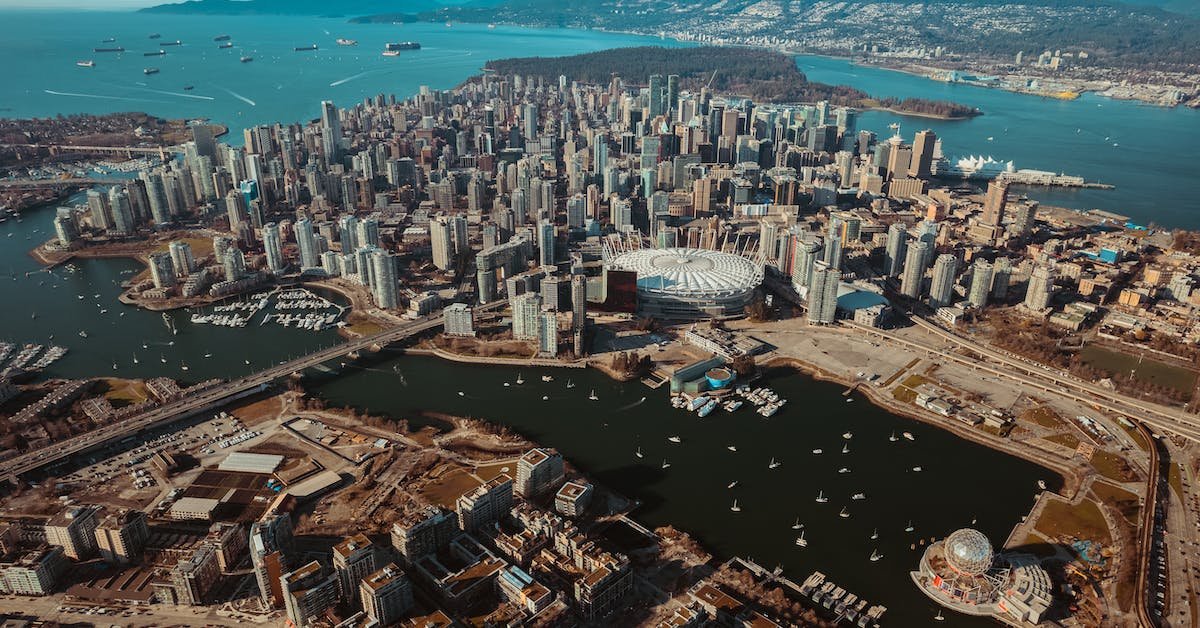
Monthly Breakdown: When to Visit Vancouver
To assist you with arranging your Vancouver trip all the more, we’ve separated the year into months, featuring what every month brings to the table concerning climate and occasions.
January–March: Mild Winter and Cultural Delights
- Weather: While Vancouver’s winters are mild compared to many parts of Canada, January and February can be chilly and damp. Normal temperatures range from 1°C to 9°C (34°F to 48°F). The walk begins to see somewhat more daylight, with temperatures averaging 3°C to 13°C (37°F to 55°F).
- Highlights: Enjoy cultural experiences during these months. Attend indoor events such as theater productions, art exhibitions, and film festivals. Don’t miss Chinese New Year celebrations, which include parades and cultural activities.
April–June: Blooming Spring
- Weather: Spring is a delightful time to visit Vancouver, with blossoms starting in April and warming temperatures. Normal highs range from 14°C to 18°C (57°F to 64°F). May sees considerably more daylight, with temperatures going from 16°C to 21°C (61°F to 70°F).
- Highlights: Spring is ideal for exploring the city’s gardens, including the Cherry Blossom Festival. Participate in local food festivals like the BC Spot Prawn and BC Halibut festivals. Appreciate open-air exercises like climbing and kayaking as the weather gets sunnier.
July–September: Sunny Summer Days
- Weather: Vancouver’s summer months offer mild, sunny days. July and August are the hottest, with temperatures going from 20°C to 25°C (68°F to 77°F).
- Highlights: Summer is the peak season with various festivals, including the Celebration of Light fireworks competition and the Bard on the Beach Shakespeare Festival. It’s also the perfect time for wildlife watching and outdoor adventures.
October–December: Fall Foliage and Winter Adventures
- Weather: As you transition into fall, temperatures cool down, ranging from 11°C to 16°C (52°F to 61°F) in October. November and December mark the beginning of the blustery season, with temperatures around 6°C to 10°C (42°F to 50°F).
- Highlights: Fall in Vancouver is perfect for taking in the changing colors of the leaves, museum visits, gallery browsing, and watching theater performances. Don’t miss the Halloween attractions and Christmas festivities in December.
Year-round Activities: Indoor and Outdoor Adventures
Throughout the year, you can also engage in various activities that Vancouver offers year-round. These include visiting Stanley Park, exploring Granville Island, experiencing Grouse Mountain, and enjoying the city’s beautiful beaches.
Conclusion
The best time to visit Vancouver ultimately depends on your interests and the type of experience you desire. Whether you’re spellbound by the energetic blooms of spring, the bright celebrations of summer, the pre-winter variety range of fall, or the frigid games and occasion appeal of winter, Vancouver invites you all year. Consider your preferences and make the most of your visit to this captivating Canadian city, where natural beauty meets urban charm. Plan your Vancouver adventure now and leave with unforgettable memories of this remarkable city.
Read more : Best Time to Visit Oregon: A Comprehensive Guide
FAQ: Best Time to Visit Vancouver
The least expensive opportunity to visit Vancouver is during the off-top months, regularly in pre-summer (April and May) or throughout the fall (mid-September and October). These shoulder seasons offer lower inn and flight costs contrasted with the bustling late spring months.
Vancouver’s blustery season ordinarily endures from October to spring. November is the beginning of the blustery season, and it goes on through the cold weather months, with December, January, and February being the wettest. Anticipate more precipitation during this period.
To get a good feel for Vancouver’s attractions and experiences, spending 3 to 5 days in the city is usually sufficient. This allows you to explore Stanley Park, visit Granville Island, enjoy outdoor activities, and immerse yourself in the local culture.
Yes, April is a great chance to visit Vancouver. Spring starts in April, and the city encounters a milder climate, with blooms beginning to show up. You can appreciate garden visits, social celebrations, and outside exercises during this time, making it an optimal month for a little while.

